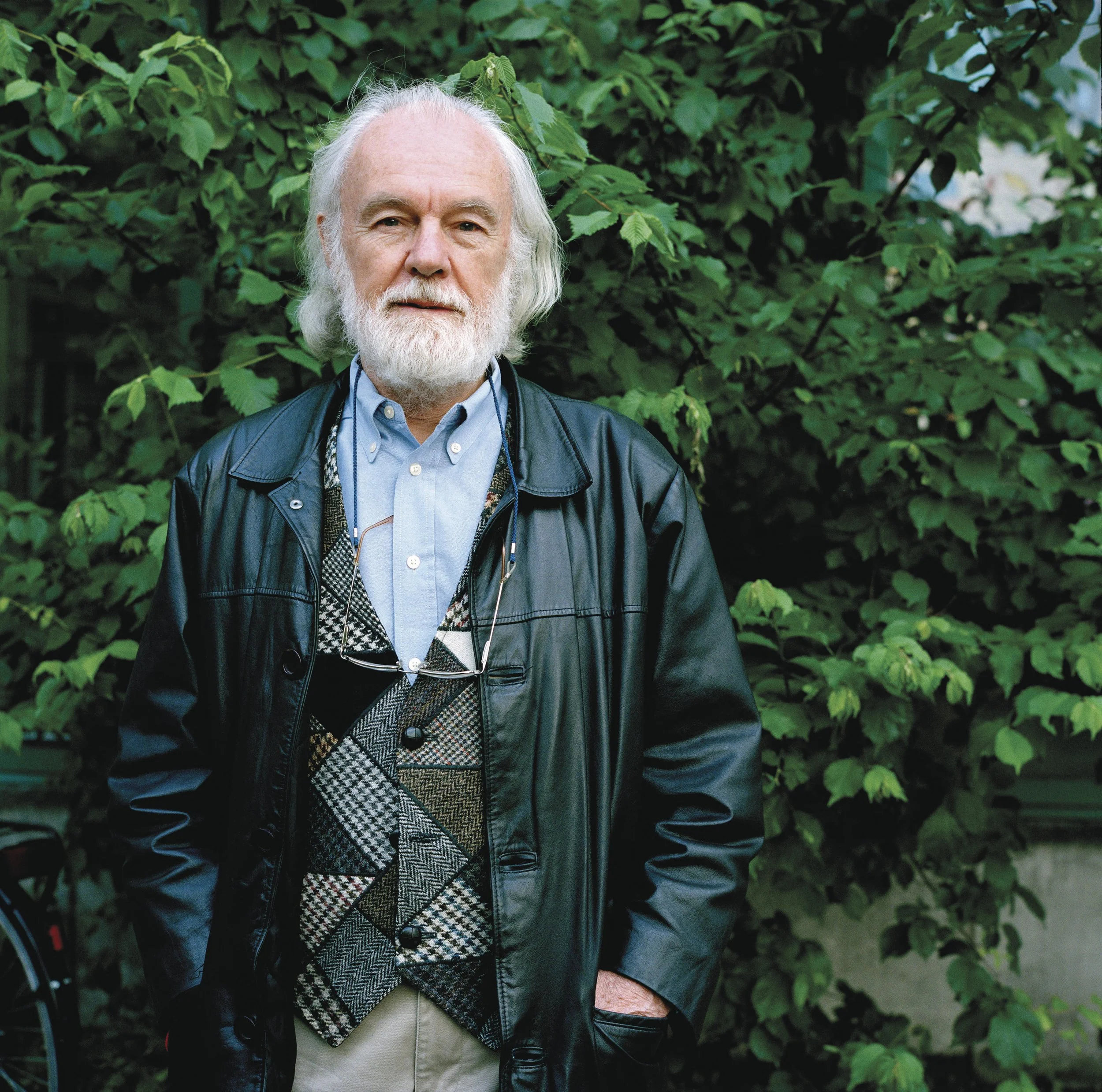2024 Summer Seminars
Systemic and Traumatic:
Agonisms of Racial Injury and Social Justice
What a difference a day makes………..9/11, NYC; May 25 2020, Minneapolis; Jan 6, The Capitol, D.C. Etc…Etc….Etc……. My seminar engages with passing moments of time in which large systemic harms are constellated in the horror of brief traumatic moments. In On the Advantage and Disadvantage of History for Life, Friedrich Nietzsche argues something similar. Our reverence for monumental history and its longue durée, he suggests, might prevent us from taking our place on the “threshold of the moment,” standing on a single “point,” and hence recovering a necessary feeling of strangeness and “astonish[ment]” in confronting and conceptualizing the history of the present. Without occupying the temporal threshold of strangeness and astonishment, contemporary history is in danger of becoming presentist, while monumental history becomes vulnerable to the celebration of the archaic and the anticipated. In re-drawing the relationship between territories of “systemic racism” and the temporalities of traumatic racism, this seminar attempts to re-think problems of time, place and social justice.
Our understanding of Systemic racism is institutional and official, leaning heavily on law reform, policy reviews, and administrative interventions. The rough injustice of everyday traumatic racism—violent, iterative, interruptive, erratic—plays out on streets and neighborhoods: the quick stab of racial abuse; fast-and-loose police procedures of “stop and search”; the eight minutes and forty-six seconds it takes to kill George Floyd on the side of a public thoroughfare in Minnesota. The institutional events of systemic racism are largely recorded in linear or evolutionary narratives of the progress of policy or the failure of political will—or vice versa. The risky uncertainty of traumatic racism takes a different form of time and place, which was perfectly captured by W. E. B. DuBois over a century ago: “Now seldom, now, sudden; now after a week, now in a chain of awful minutes; not everywhere, but anywhere—in Boston, in Atlanta. That’s the hell of it.” Materials for this seminar draw on theoretical essays, legal decisions, tele-visual materials (including iPhone videos and bodycam recordings), lyric poetry, and narrative fiction. The aim of this series is to get as close to “the hell of it” as possible.
Homi Bhabha is the author of numerous works exploring colonial and postcolonial theory, cultural change and power, and cosmopolitanism, among other themes. His forthcoming work is titled The Enigma of Survival: V.S. Naipaul.
Politics in the Age of Sensory Reproducibility
We will consider subjective freedom given structural/(para-)ontological constraints, and we will do this through aesthesis (material sensibility). We will ask: How does Freedom sound? Do we need Skin to think? Is Agency non-human? Is democratic vision universal?
Susan Buck-Morss is a multi-disciplinary scholar whose political theory emerges out of a constellation of historical material, visual images, and contemporary events. She is a core faculty member of the CUNY Graduate Center’s Committee on Globalization and Social Change. Her focus on sensory experience as the source of philosophical revelation is the topic of her most recent book, Seeing/Making Room for Thought (2023).
Reading Marx's Grundrisse Today
The Grundrisse is a difficult but foundational text for understanding Marx’s innovative approach to political economy. I will extract some of his most important findings and show their relevance for understanding some of the present dilemmas of endless accumulation, environmental degradation (climate change in particular) and current geopolitical conflicts.
David Harvey is a Distinguished Professor of Anthropology and Geography at the Graduate Center of the City University of New York (CUNY), the Director of Research at the Center for Place, Culture and Politics, and the author of The Anti-Capitalist Chronicles (2020). He has been teaching Karl Marx’s Capital for over 50 years.
Incalculable Rhythm:
The Physics of W. E. B. Du Bois’s “Sociology Hesitant
The primary text for this seminar is an essay W. E. B. Du Bois wrote in and around 1905 called “Sociology Hesistant.” (Well, obviously, the first thing we’ll have to try to deal with is how that utterly unutterably unnecessary “s” keeps getting in there, like some hissed resistance, some heavy breathing. Wonder if a late Du Boisian whistle turns out to be early as well.) Imagine that in 1905, the year known as Albert Einstein’s annus mirabilis, the four papers of his that revolutionized physics were shadowed, troubled, disturbed, and grounded upon a short essay that Du Bois wrote but never published in his lifetime. Imagine that Einstein’s own sense of the contingency and incompleteness of the work he did that year, which ushered in the era of a quantum mechanical interpretation of physical reality that he could never abide, was redoubled in a similar, Du Boisian ambivalence; then imagine that thirty years later, they were finally able both to object and to augment those earlier contributions in ways that open us to a new understanding of the physics of social life. We’ll move slowly and carefully every day and hope to attune ourselves to everyday spooky actions not only in Du Bois’s and Einstein’s work, and not only in that of their precursive interlocutors August Comte and Ernst Mach, and that of their unacknowledged co-conspirators Rosa Luxemburg and Zora Neale Hurston, but also in the aesthetic insurgencies of black social life that data can’t quite portray – namely, the “incalculable rhythm” of certain manifestations of murmur, spring, muck, table, and corner. Can we read so slowly, and so closely, that in throwing all this together we are thrown out into blackness’ general disruption of the individuation or, in other words, the classical concept of the particle? Such farover practicing will have been Sociology Distant or Sociology Dissonant or Sociology Dissident or Sociology Sibilant.
Fred Moten works in the Departments of Performance Studies and Comparative Literature at New York University. He is concerned with social movement, aesthetic experiment, and black study and has written several books that address these concerns. His latest projects include a poetry collection, Perennial Fashion Presence Falling (Wave Books, 2023), a record album, Fred Moten/Brandon López/Gerald Cleaver (Reading Group Records, 2022), a performance in filmmaker Wu Tsang’s Moby Dick; or, The Whale (2022), and an essay collection, All Incomplete (Minor Compositions, 2021), co-authored with his long time co-worker Stefano Harney.




